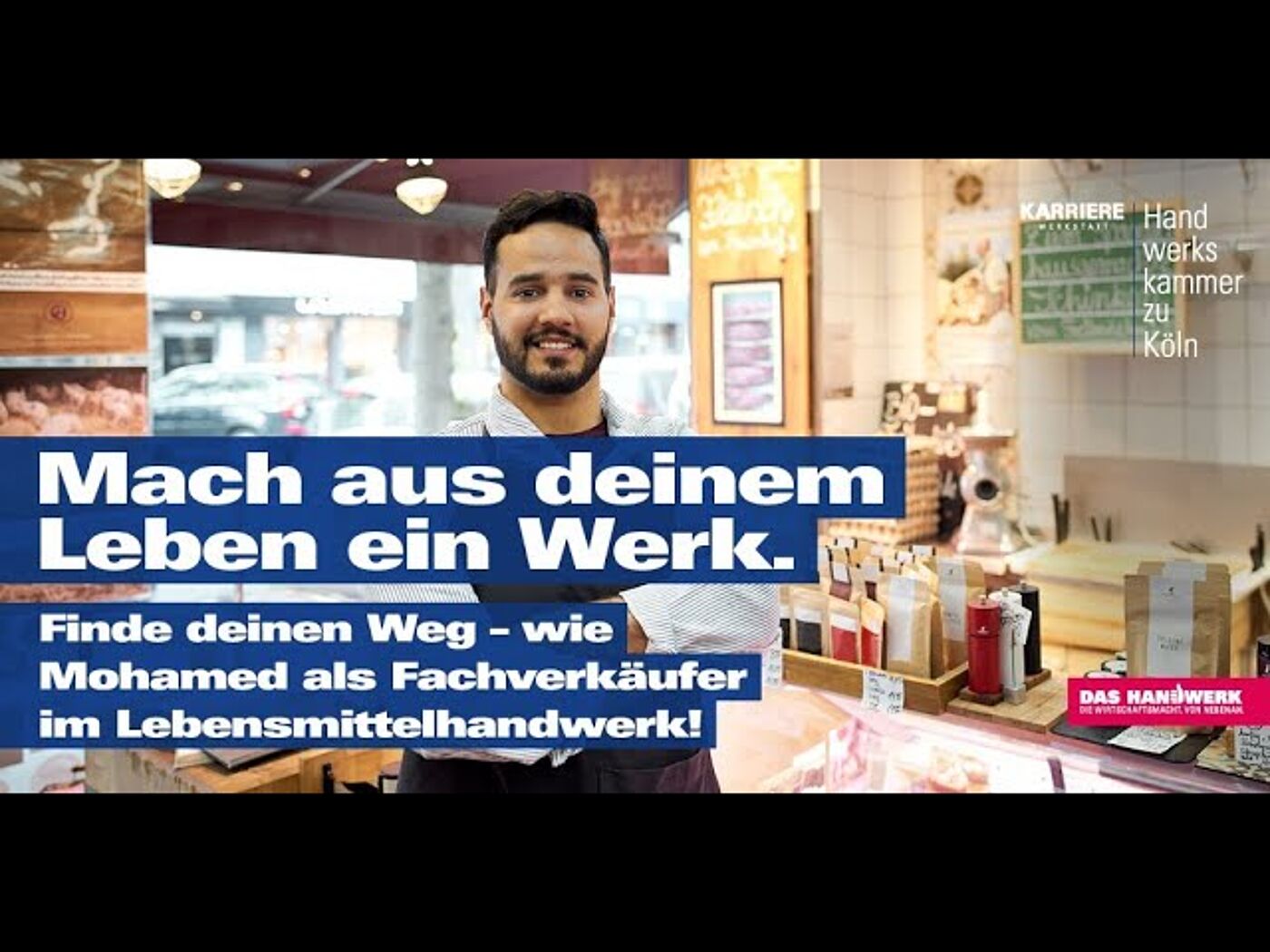
The skilled crafts sector in Germany
This PDF provides a comprehensive overview of the German skilled crafts sector. It provides information on facts about the industry, presents a wide range of professions and explains the skilled trades regulations as well as training and further education opportunities. It explains the organisational structure of the skilled crafts sector and its economic importance in Germany. The content is available in German, English and French.






